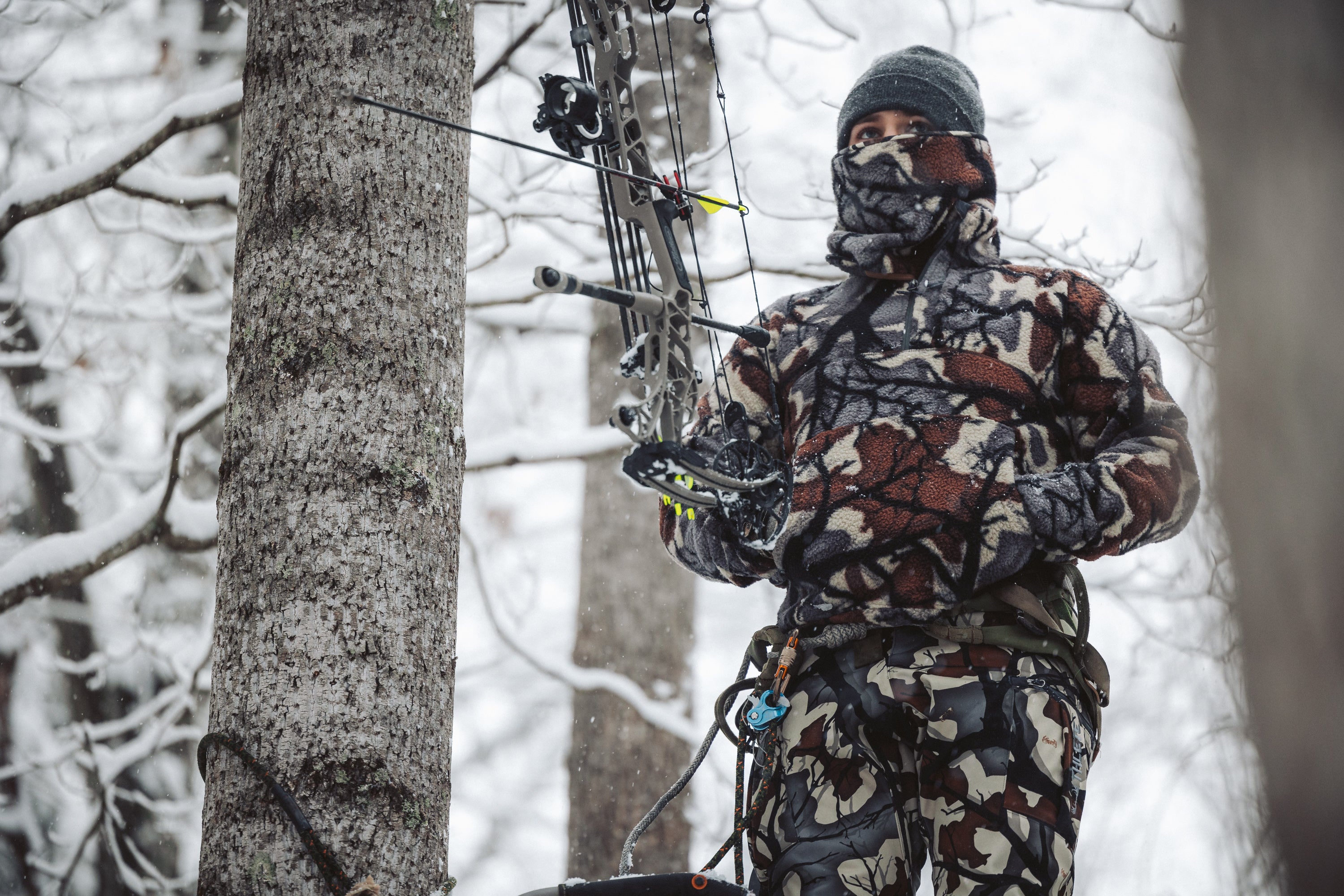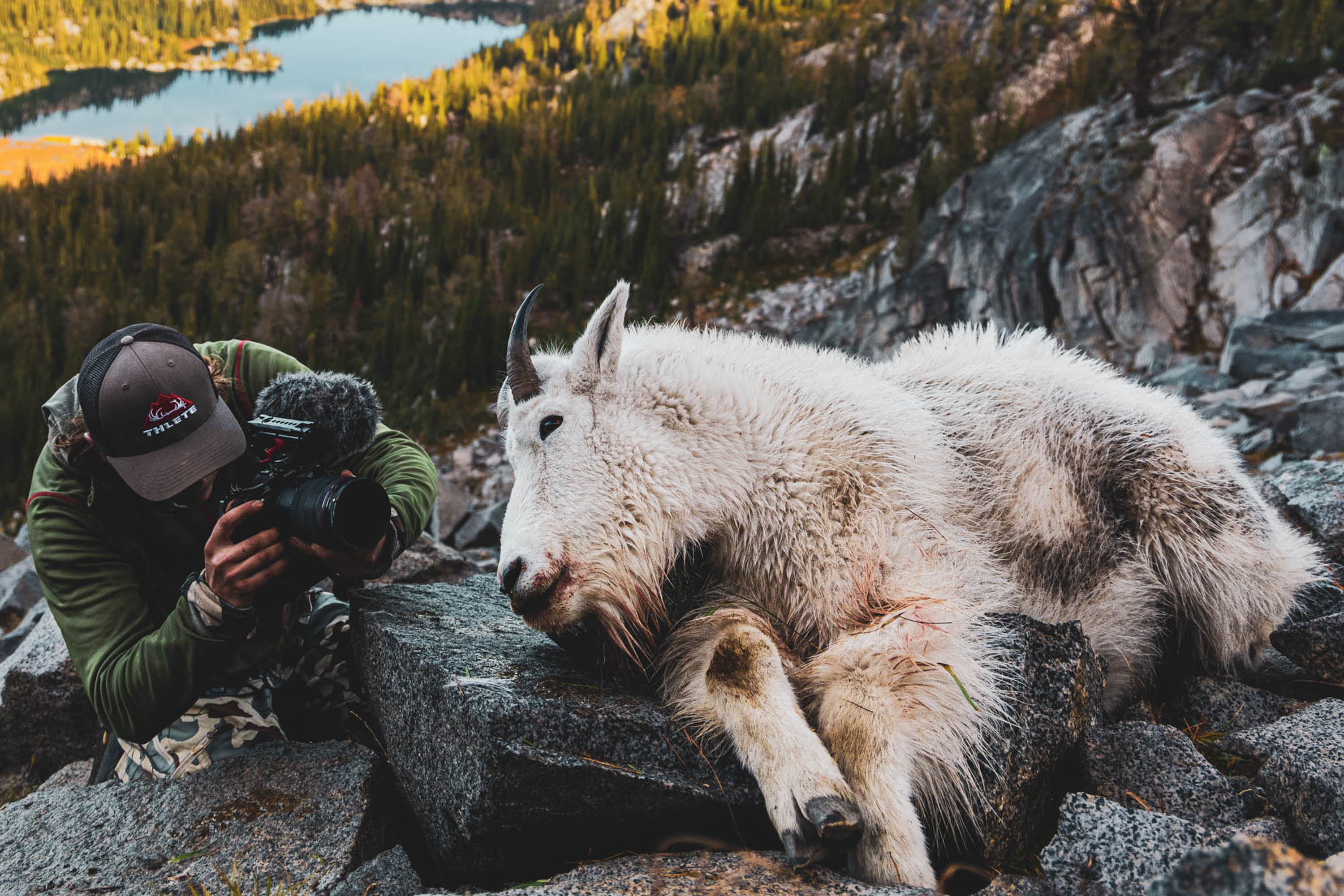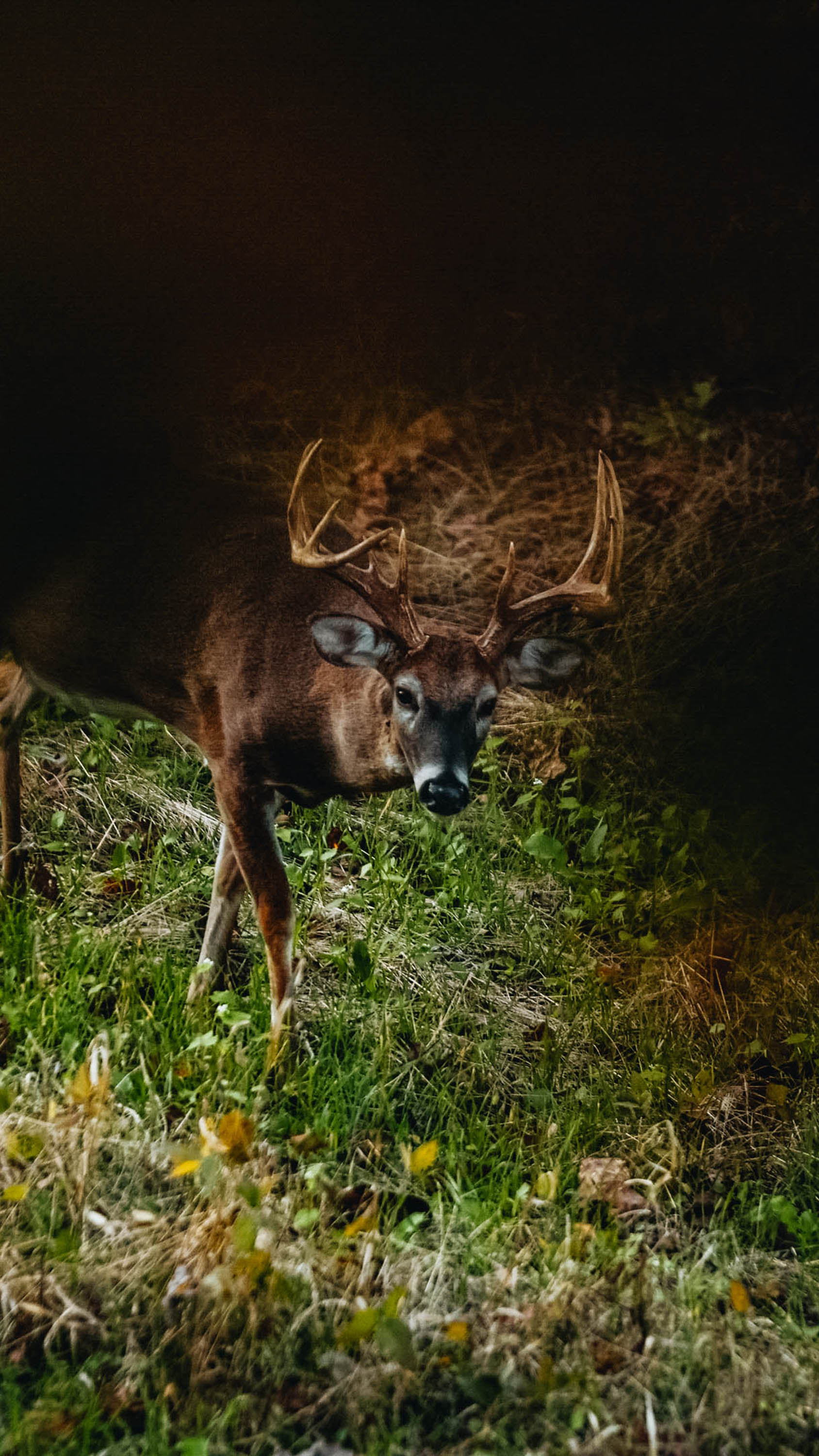
Does the moon affect whitetail deer?
The moon can have some influence on the behavior of whitetail deer, although the extent of its impact is a subject of debate among hunters and researchers. Here are some ways in which the moon may affect whitetail deer:
-
Moon Phase: The moon's phases, particularly the full moon and new moon, are believed to have an influence on deer activity. During a full moon, the increased brightness can make deer more active at night, reducing their daytime movement. Conversely, during a new moon when there is less moonlight, deer ma feel more comfortable moving during the day. Some hunters prefer hunting during periods of reduced moonlight to increase their chances of encountering deer during shooting hours.
-
Rutting Activity: The rut, or breeding season, of whitetail deer is a time when moon phase theories often come into play. Some hunters believe that specific moon phases, such as the second full moon after the autumnal equinox, coincide with increased deer movement and rutting activity. It is thought that moonlight can influence deer behavior and trigger breeding-related behaviors.
-
Feeding Patterns: The moon can also impact deer feeding patterns. Some hunters suggest that deer feed more heavily during moonlit nights, taking advantage of the increased visibility to forage for food. Conversely, during periods of bright moonlight, deer may reduce their daytime feeding activity, leading to fewer opportunities for hunters.
-
Nocturnal Behavior: Whitetail deer are primarily crepuscular animals, meaning they are most active during dawn and dusk. However, when the moon is bright, deer may become more active at night, leading to increased nocturnal movement. This behavior can make it more challenging for hunters to encounter deer during legal shooting hours.
It's important to note that the moon's influence on deer behavior can vary depending on other factors such as weather, habitat conditions, hunting pressure, and individual deer personalities. While some hunters swear by moon phase theories and plan their hunts accordingly, others place less emphasis on lunar influence and focus more on other factors like food sources and deer sign.
Ultimately, understanding how the moon may affect deer behavior can be another tool in a hunter's arsenal, but it should not be the sole determinant of when and how to hunt whitetail deer. It's crucial to consider a combination of factors and adapt hunting strategies based on local conditions and firsthand observations.




